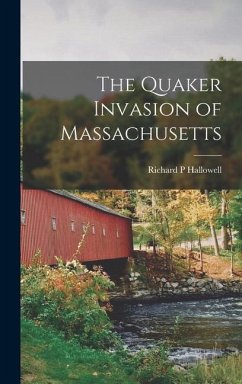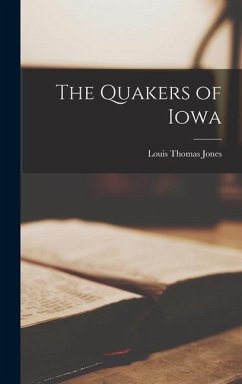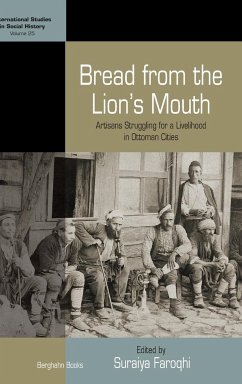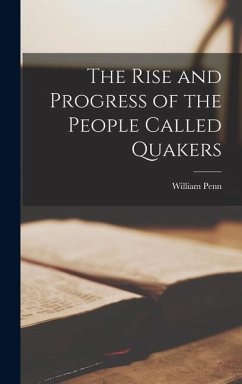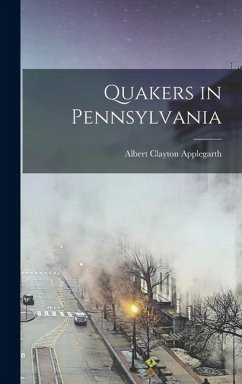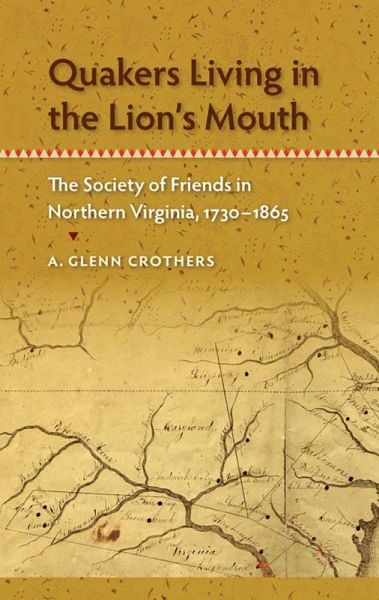
Quakers Living in the Lion's Mouth
The Society of Friends in Northern Virginia, 1730-1865
Versandkostenfrei!
Versandfertig in über 4 Wochen
66,99 €
inkl. MwSt.
Weitere Ausgaben:

PAYBACK Punkte
33 °P sammeln!
This examination of a Quaker community in northern Virginia, between its first settlement in 1730 and the end of the Civil War, explores how an antislavery, pacifist, and equalitarian religious minority maintained its ideals and campaigned for social justice in a society that violated those values on a daily basis. By tracing the evolution of white Virginians’ attitudes toward the Quaker community, Glenn Crothers exposes the increasing hostility Quakers faced as the sectional crisis deepened, revealing how a border region like northern Virginia looked increasingly to the Deep South for its c...
This examination of a Quaker community in northern Virginia, between its first settlement in 1730 and the end of the Civil War, explores how an antislavery, pacifist, and equalitarian religious minority maintained its ideals and campaigned for social justice in a society that violated those values on a daily basis. By tracing the evolution of white Virginians’ attitudes toward the Quaker community, Glenn Crothers exposes the increasing hostility Quakers faced as the sectional crisis deepened, revealing how a border region like northern Virginia looked increasingly to the Deep South for its cultural values and social and economic ties. Although this is an examination of a small community over time, the work deals with larger historical issues, such as how religious values are formed and evolve among a group and how these beliefs shape behaviour even in the face of increasing hostility and isolation. As one of the most thorough studies of a pre–Civil War southern religious community of any kind, Quakers Living in the Lion’s Mouth provides a fresh understanding of the diversity of southern culture as well as the diversity of viewpoints among anti-slavery activists.




